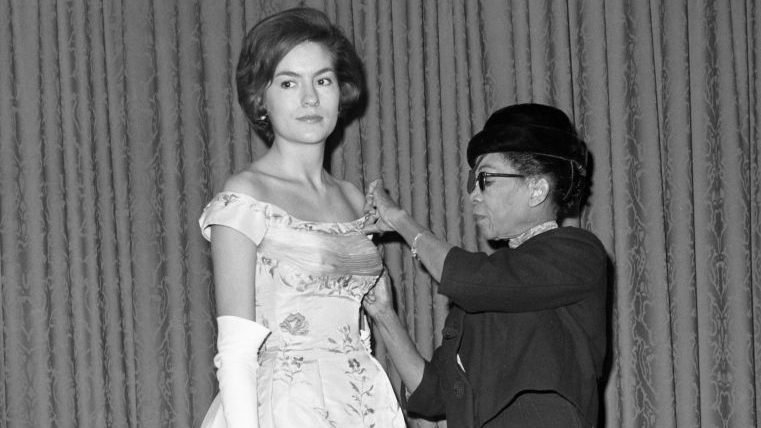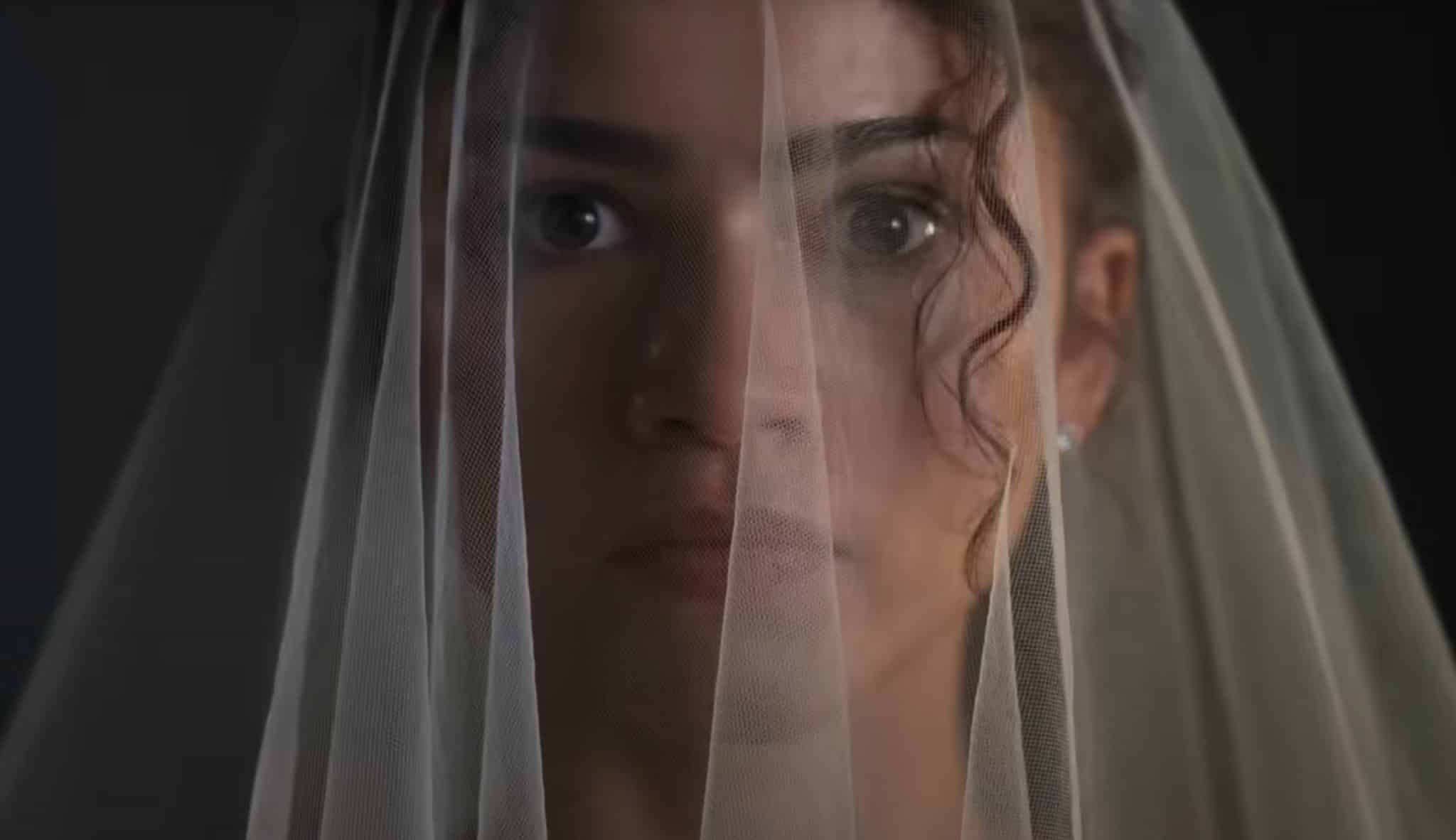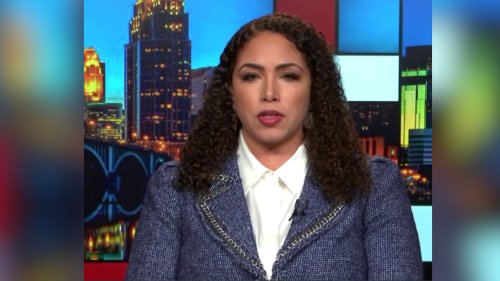Prison guards forcefully shaved off his dreadlocks: The Supreme Court will determine if he can sue for violation of his religious rights
The Supreme Court is gearing up to determine whether Damon Landor, a devout Rastafarian, can sue after prison officials cut

The Supreme Court is gearing up to determine whether Damon Landor, a devout Rastafarian, can sue after prison officials cut his hair in 2020.
When prison officials in Louisiana cut the dreadlocks of a prisoner in their care, they may have violated his religious rights — or at least that’s what the Supreme Court is gearing up to determine.
On Monday, Nov. 10, the nation’s highest court will hear arguments in the case of “Landor v. Louisiana Department of Corrections and Public Safety,” which will decide whether a devout Rastafarian can sue state prison officials for monetary damages after they forcibly shaved his hair against his faith, NBC News reported.
The case centers on Damon Landor, a Louisiana man who had not cut his hair in nearly 20 years when officers at the Raymond Laborde Correctional Center sheared off his dreadlocks in 2020. Landor, who was serving a five-month sentence, followed a Rastafarian practice known as the Nazarite vow — a religious commitment that prohibits cutting one’s hair as a symbol of holiness and separation from worldly concerns.
According to court filings, Landor even showed officers a copy of a prior court ruling that found cutting a Rastafarian’s dreadlocks in custody would violate federal law. However, two guards handcuffed him as prison staff cut his hair anyway.
“In an instant, they stripped him of decades of religious practice at the heart of his identity,” Landor’s lawyers wrote in a filing, per CNN.
Landor sued the state soon after, arguing that the act violated his rights under the Religious Land Use and Institutionalized Persons Act (RLUIPA), a federal statute that protects the religious exercise of people in prisons and other institutions.
Louisiana Attorney General Elizabeth Murrill has conceded that Landor’s claims were “antithetical to religious freedom and fair treatment of state prisoners,” noting that the state has since updated its grooming policies — but she argues that money damages are not warranted.
Landor’s attorneys are asking the Supreme Court to rule otherwise, pointing to a 2020 decision in Tanzin v. Tanvir that allowed damages under a similar law protecting federal prisoners’ religious rights. Without damages, they argue, RLUIPA’s protections would “ring hollow.”
Share
What's Your Reaction?
 Like
0
Like
0
 Dislike
0
Dislike
0
 Love
0
Love
0
 Funny
0
Funny
0
 Angry
0
Angry
0
 Sad
0
Sad
0
 Wow
0
Wow
0

















